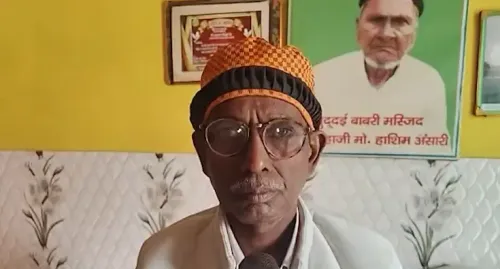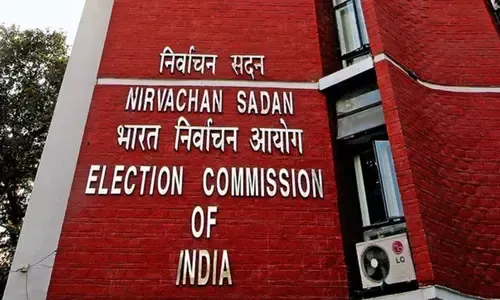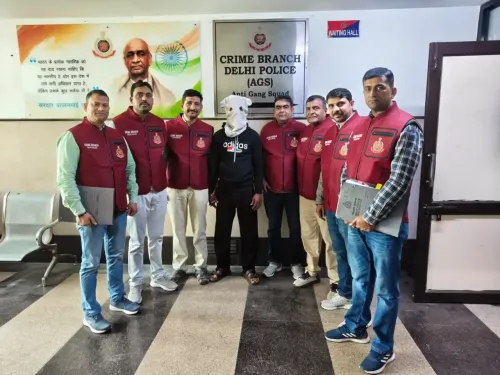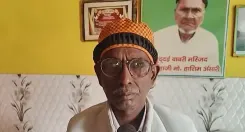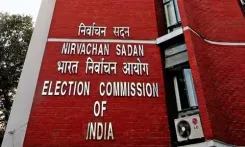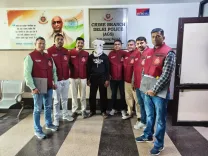Why are Pakistanis Returning via the Attari Border After India's Visa Suspension?
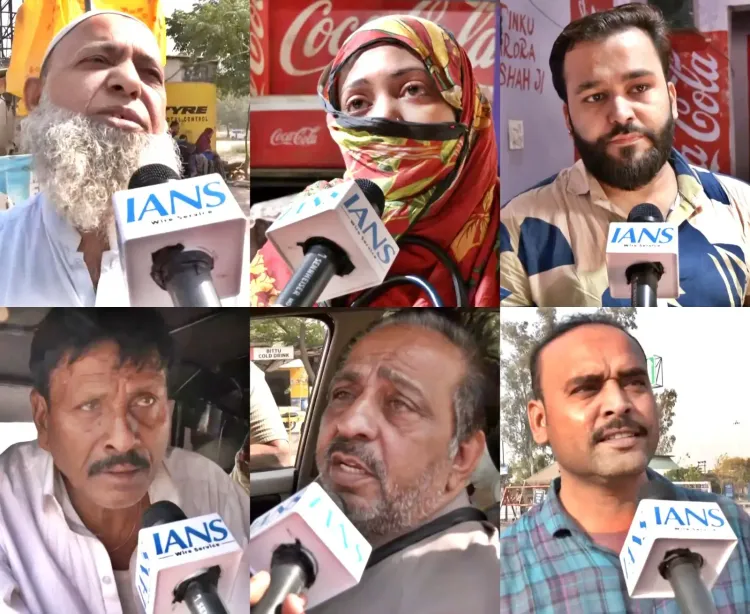
Synopsis
Key Takeaways
- Visa suspensions have led to the return of many Pakistani nationals.
- The Pahalgam attack has had devastating consequences for families.
- Security forces are implementing strict checks at the border.
- Personal stories reveal the emotional toll on affected individuals.
- The situation underscores ongoing India-Pakistan tensions.
New Delhi, April 29 (NationPress) Pakistani nationals currently residing in India are making their way back to their homeland through the Attari-Wagah border after India revoked their visas following the terror attack in Pahalgam that resulted in 26 fatalities.
Amid increased security measures and visible distress, many Pakistani individuals assembled at the Attari border in Amritsar on Tuesday morning to cross over before the government's imposed deadline of April 30.
Personnel from the BSF are diligently verifying the passports of the returning Pakistani nationals at the Attari border. Vehicles are being permitted past the barriers for immigration checks prior to heading towards Pakistan.
Numerous individuals, who had resided in India for several years, expressed profound sadness not only over the terror attack but also regarding the repercussions it had on their lives.
"I came here to establish a new life in India, but with my visa now expired, I have no choice but to depart," lamented Vijay Kumar, whose family had aspirations of a fresh start in India. "The actions of the terrorists, taking innocent lives, were utterly unacceptable."
Another Indian citizen, Nazakat Hussain, voiced his emotional conflict: "I am at the border waiting for my daughter to arrive from Pakistan. She got married there last year, and my wife and I attended the wedding. The events in Pahalgam were a tragedy. What crime did the victims commit?"
Lal Chand, who traveled to India for religious ceremonies, remarked, "I came here for an asthi visarjan (immersion of ashes), but now I must return."
Krishan Kumar, another visitor from Pakistan, noted, "I was only visiting relatives, but now I must go back."
A visibly emotional Iram, a Pakistani woman married to an Indian man, shared, "I have been married for ten years. I came from Delhi with my husband and children, and now I am forced to leave them behind. The actions of the terrorists were wrong, but families like ours are paying the toll."
Samreen echoed similar sentiments, stating, "The terrorists' actions were a crime against humanity, yet innocent families like ours are facing the repercussions."
Shahbaz, who brought his wife to the border, commented, "I traveled from Delhi to drop my wife off. We have been married for a decade. The tragedy in Pahalgam is heartbreaking. I appeal to the Indian government to consider the hardships faced by families like ours."
As India intensifies its measures against cross-border terrorism, Pakistani nationals are continuing to depart ahead of the looming deadline.

